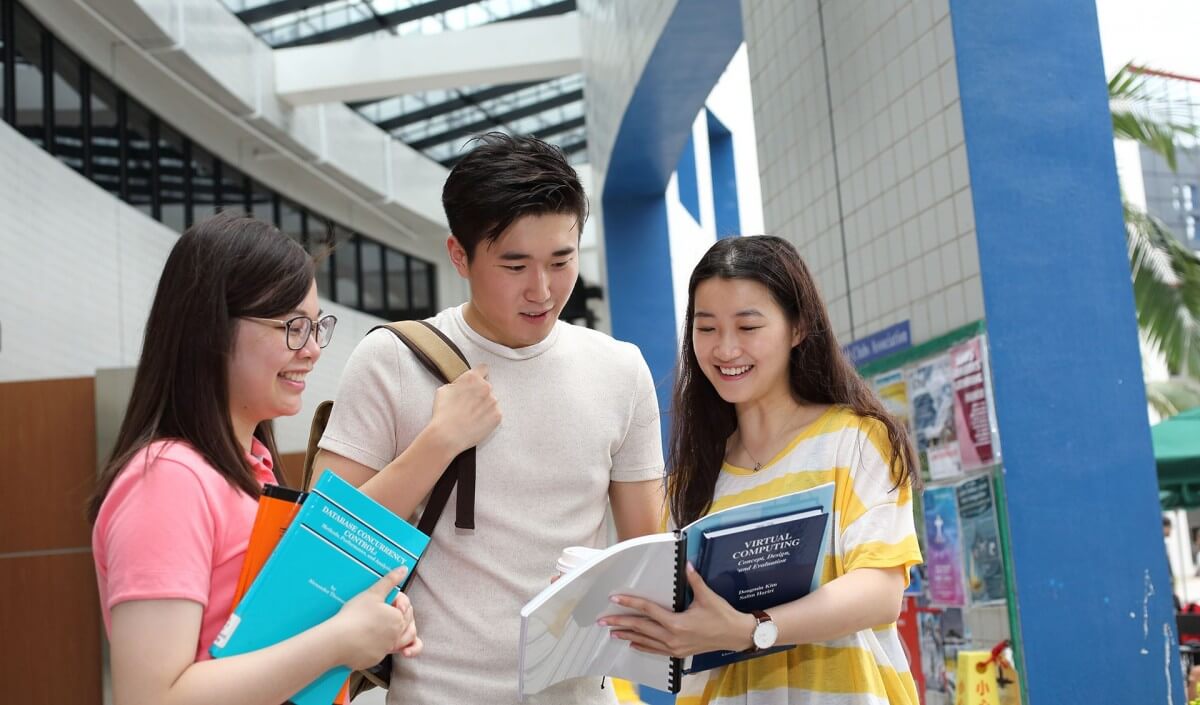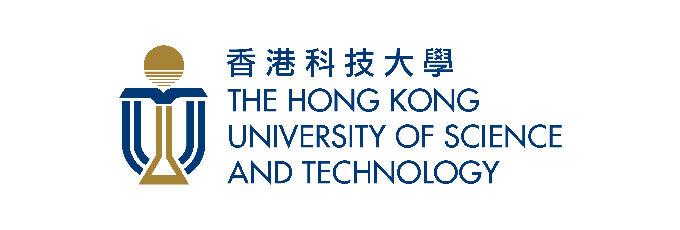Frank Wang dreamt of flying as a child. Little did he know that years later, studying electronic and computer engineering at The Hong Kong University of Science and Technology (HKUST) would open the doors to achieve that dream in a novel way.
Together with his coursemate Jianyu Song, Frank developed an intelligent tracking system for unmanned robotic helicopters that broadened their commercial and recreational applications.
One of their helicopters was deployed to Sichuan to take surveillance pictures of restoration efforts in high-risk zones post-earthquake, and even tested in the harsh conditions of Mount Everest. In 2010, it took an unprecedented autonomous flight across the world’s deepest canyon — the Yarlung Zangbo Grand Canyon in Tibet.
“At HKUST I took an electronics course that gave me the fundamental knowledge to build autonomously controlled flying machines,” Frank said. “I started my company in the first year of my postgraduate study and received lots of help from professors who believed in my dreams.”
Among these professors was Zexiang Li, with whom Frank shares the 2019 IEEE Robotics and Automation Award. Frank has also landed himself on several Forbes lists.

Source: HKUST, Department of Electronic and Computer Engineering
Today, his company DJI is the world’s largest commercial drone manufacturer with over 5,000 employees. It manufactures high-performance unmanned aerial vehicles. Simultaneously, Frank and his colleagues continue to innovate, creating the industry’s next groundbreaking inventions.
Frank Wang is one of HKUST’s many accomplished alums, many of whom use their university experience as a springboard for creating real-world impact.
Where the brightest minds are sparked
In late February, a team at HKUST successfully identified a set of potential vaccine targets for the SARS-CoV-2 coronavirus. Using data analysis, these scientists identified protein fragments in the virus that are particularly likely to trigger the immune system to respond, thus setting promising directions for novel vaccine development.
Among them is Hong Kong PhD Fellowship Scheme (HKPFS) awardee Syed Faraz Ahmed from Pakistan, who is now a fourth-year PhD student. After obtaining his Master’s degree in 2011, he joined Professor Matthew McKay’s team to “work on the exciting interdisciplinary research area of computational immunology”.
The HKPFS provides a generous stipend and travel support to its awardees, in order to attract the best and brightest students from all around the world to pursue their PhD in Hong Kong.

Source: HKUST, Department of Electronic and Computer Engineering
Faraz gained a broad understanding of computational biology by taking bioengineering and chemical engineering courses at HKUST’s Department of Electronic and Computer Engineering (ECE).
He also attends seminars by eminent scientists and researchers from all over the world, including two Nobel laureates, who come to share their latest results with HKUST faculty and students. “These talks really help to see the broad picture of the research areas and learn about the most relevant research problems,” Faraz shared.
But the most important moments of his PhD experience are spent in the Professor McKay’s research lab.
He says, “The healthy environment in the lab ensures a lot of discussions on each other’s research work, which provides one of the most important learning experiences in my PhD. Such frequent, casual, in-depth discussions — sometimes arguments — have created an on-going productive experience.”
A foundation of excellence for electronic engineering
Fellow HKPFS awardee Syed Awais Wahab Shah from Pakistan, now in his second year, finds his time at HKUST equally enriching.

Source: HKUST, Department of Electronic and Computer Engineering
“The research-oriented postgraduate courses stimulated in me the elements of critical thinking and insightful writing. The top-notch research facilities, discussion with field experts and an insightful and humble supervisor has been a great help to conduct high-quality research,” he said.
Another HKPFS awardee, Neel Kanth Kundu from India, believes HKUST provides the best resources and support to excel in electronic engineering.
“I was thrilled to join the ECE department of HKUST since it has a world-renowned faculty of electronic and computer engineering, many of them being Institute of Electrical and Electronics Engineers fellows,” he expressed.
As a HKPFS scholar, Neel is ultimately grateful for the university’s financial assistance scheme and expansive support network.
This scheme enables future game-changers like Faraz, Awais and himself to expand their study experience with conferences, summer schools, and research visits to universities abroad.
Awais and Neel are also under the supervision of Professor McKay, whose research focuses on computational biology, communications and signal processing, and random matrix theory.

Source: HKUST, Department of Electronic and Computer Engineering
Ingenuity in research and teaching
At HKUST, future tech innovation is the name of the game. That’s why the ECE is the heart of multiple award-winning research projects on artificial intelligence (AI) and robotics.
PhD student Andrea Madotto from Italy can attest. His team, led by Professor Pascale Fung, wrote a research paper that won an award from the Association for Computational Linguistics last year.
More than awards, Andrea is particularly grateful for the opportunity to work with world-class students and professors keen on changing the world.
He said, “Doing a PhD at HKUST enables me to work on research directions that I am passionate about and provides me great international exposure.”
Through such various student-focused measures, HKUST’s Department of Electronic and Computer Engineering provides a solid platform from which the next generation of electronic engineering experts may rise.
While reaching for their dreams, they might just change the world.
Follow HKUST on Facebook, Twitter, Instagram, and YouTube.
Liked this? Then you’ll love these…
HKUST: Creating electronic engineering leaders of tomorrow
Meet the scientists contributing to race for COVID-19 vaccine











